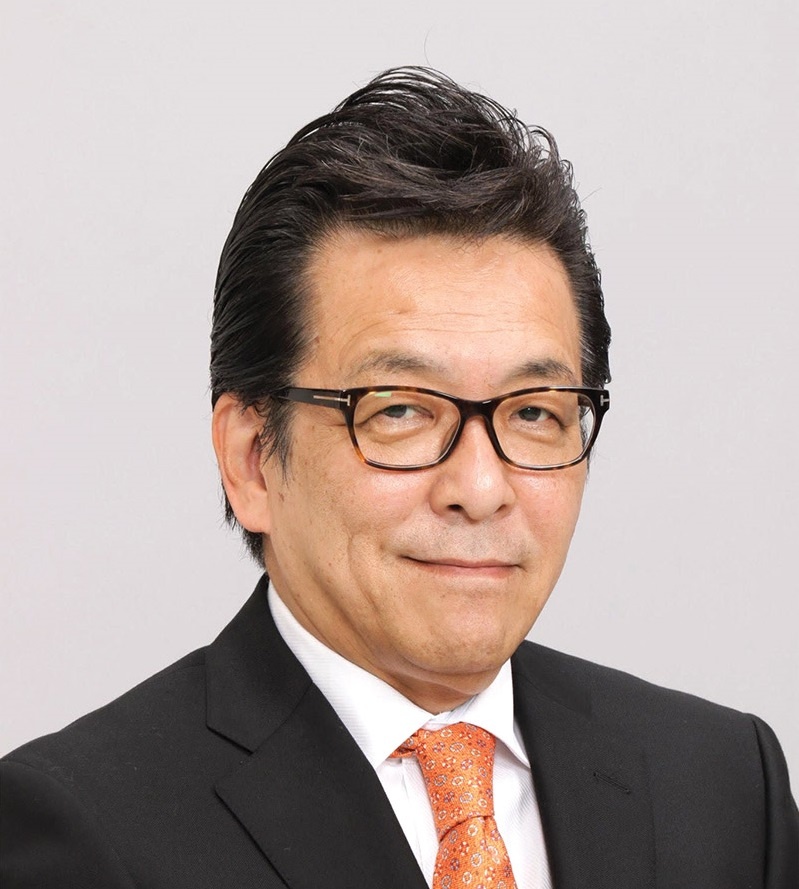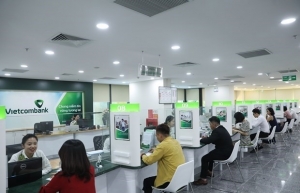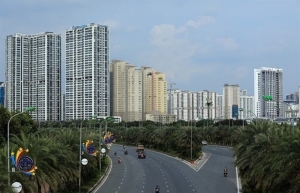Assessing Japanese M&A deals in a turbulent period
There have not yet been many mega deals involving Japanese investors on a par with pre-pandemic levels. What factors are currently affecting Japanese M&A trends in Vietnam?
 |
| Masataka “Sam” Yoshida, head of the Cross-border Division of RECOF Corporation and CEO of RECOF Vietnam Co., Ltd. |
First of all, deals as large as VPBank’s sale of its stake in FE Credit to Japan’s Sumitomo Mitsui Financial Group do not occur frequently. In fact, the M&A story in Southeast Asia is largely written by mid-cap companies rather than the large ones, as the region is home to a significant number of companies with enterprise values between $50 million and $500 million.
The same is true in Vietnam, where middle market M&A has been a major driver of deal activity. Many smaller Vietnamese enterprises have proven resilient and successful in the face of recent global crises, and they have become desirable acquisition targets.
As borders reopened, we got off to a solid start this year with Japan’s Shikoku Electric Power acquiring a 15 per cent stake in the Vung Ang 2 coal-fired power plant project in Vietnam. Since then, the deal landscape has changed as companies and investors have become increasingly concerned about rising inflation and interest rates, falling stock prices and the possibility of a worldwide recession.
Globally, the number of M&A transactions fell by 20 per cent year-on-year, and their value fell by 23 per cent on-year in the first half of 2022, according to Dealogic data. Despite the global M&A slowdown, Japanese dealmaking appears to remain active in Vietnam. It is reported that the value of M&A transactions made by Japanese investors in Vietnam during the first half of 2022 was consistent with the same period in 2021.
How do you see the robustness of Japanese M&As in different sectors in the Vietnamese market?
Given the current inflationary environment and potential recession risk, the best-performing sectors likely include consumer staples, energy, financials, and logistics.
The demand for consumer staples is relatively less affected by price hikes; hence, consumer-focused companies are resilient during economic downturns caused by price volatilities.
In the first half of the year, we have witnessed a rapid expansion of Japanese consumer goods retailers such as AEON Group, Muji, and Uniqlo across Vietnam, opening more business locations with diverse retail models.
Energy investment activity has also increased as investors gain confidence that high commodity prices would persist, and demand for natural gas would rise, owing to the loss of Russian gas.
Japan’s JERA, a 50-50 joint venture between Tokyo Electric Power and Chubu Electric Power, is accelerating its partnership with ExxonMobil to develop one of Southeast Asia’s largest liquefied natural gas projects in Vietnam.
Another widely favoured sector is financial services. The ongoing restructuring of financial institutions and their subsidiaries in Vietnam is another factor driving M&A activity in this sector. Logistics has also stood out with Vietnam emerging as an effective alternative for global supply chain relocation.
In terms of the number of transactions, as we observed, Vietnam has consistently maintained its second position among Southeast Asian countries where Japanese companies made M&A deals, trailing only Singapore in the first half of 2022.
How do you see the global economic uncertainties affecting the interest of Japanese buyers in the Vietnamese market?
M&A activity is typically driven by fundamental factors, dealmakers’ motivations, capital enabling the transactions, and related returns. We believe that the economic fundamentals in Vietnam are still excellent to support M&A activity.
Other fundamental drivers that contribute to Vietnam’s appeal as an investment destination are its strategic location, socio-political stability, favourable demographic structure, and ability to handle the pandemic and get the economy back on track.
However, during an uncertain economic environment, it is normal for corporate dealmakers to become cautious and conservative. Company management sometimes hesitates on big investments, fearful of expanding their operations in a downturn.
Once they learn to navigate the new environment and adjust their investment strategies, a strong rebound is entirely possible.
What key areas are Japanese buyers taking into consideration before finalising deals in this country?
The performance of the target companies, which fluctuated over the pandemic period, is one of the key obstacles Japanese investors confront when doing cross-border deals. A number of normalisation adjustments need to be considered, which often leads to a disagreement between the buyer and seller.
Dealmakers must also consider both present and expected future inflation in their valuations.
The challenges in post-deal governance makes it harder for Japanese investors to reach an internal consensus for cross-border deals. The industrial workforce is also a growing concern for deal-making in 2022 and beyond.
What is the outlook of Japanese M&As in Vietnam for the remainder of the year?
We anticipate that deals which were in motion in 2021 but not executed in early 2022 due to pandemic travel restrictions will be a significant part of closings in late 2022.
The factors that underpinned the M&A market in the first half of the year will remain influential for deal-making in the second half: supply chain resilience, growing demand for business transformation, etc. The divestiture of non-core assets is likely to be an essential component of corporate growth strategy and deal activity.
There is uncertainty in the market right now, yet this presents both challenges and opportunities. Economic contraction may force sellers and buyers to reassess their forecasts and valuations accordingly.
However, as valuations decline, one of the obstacles to getting deals done is the gap in value expectations between buyers and sellers. Sellers see the high prices of the last few years, and they do not want to adjust to the new market. They may choose to watch from the sidelines and wait for the price to go up again.
 | Trade pact sets up stronger M&A interest from Europe In strong signals of EU interest in Vietnam over the past few months, a batch of leading companies has signed deals to purchase businesses and expand their merger and acquisition footprint. |
 | Big M&A deals forecast in banking industry in 2022 Vietnam’s merger and acquisitions (M&A) market in 2022 is forecast to include big deals worth billions of dollars in the banking industry. |
 | M&A deals light up property market in first half of 2022 Since the beginning of the year, the real estate market has seen an uptick in merger and acquisition (M&A) activity, including office, residential, and industrial projects. |
 | M&A route lends appeal for delay-ridden ventures As many domestic enterprises struggle with project implementation and a lack of investment, finding a partner to merge or transfer ventures is being considered a suitable solution. |
What the stars mean:
★ Poor ★ ★ Promising ★★★ Good ★★★★ Very good ★★★★★ Exceptional
Related Contents
Latest News
More News
- Nissha acquires majority stake in Vietnam medical device maker (January 26, 2026 | 15:40)
- BJC to spend $723 million acquiring MM Mega Market Vietnam (January 22, 2026 | 20:29)
- NamiTech raises $4 million in funding (January 20, 2026 | 16:33)
- Livzon subsidiary seeks control of Imexpharm (January 17, 2026 | 15:54)
- Consumer deals drive Vietnam’s M&A rebound in December (January 16, 2026 | 16:08)
- Southeast Asia tech funding rebounds on late-stage deals (January 08, 2026 | 10:35)
- DKSH to acquire Vietnamese healthcare distributor Biomedic (December 24, 2025 | 15:46)
- Central Retail refocuses Vietnam strategy with Nguyen Kim exit (December 24, 2025 | 15:01)
- RongViet Securities wins sixth consecutive M&A advisory award (December 22, 2025 | 17:30)
- Kido Group divests from ice cream and frozen foods (December 18, 2025 | 16:49)

 Tag:
Tag:




















 Mobile Version
Mobile Version